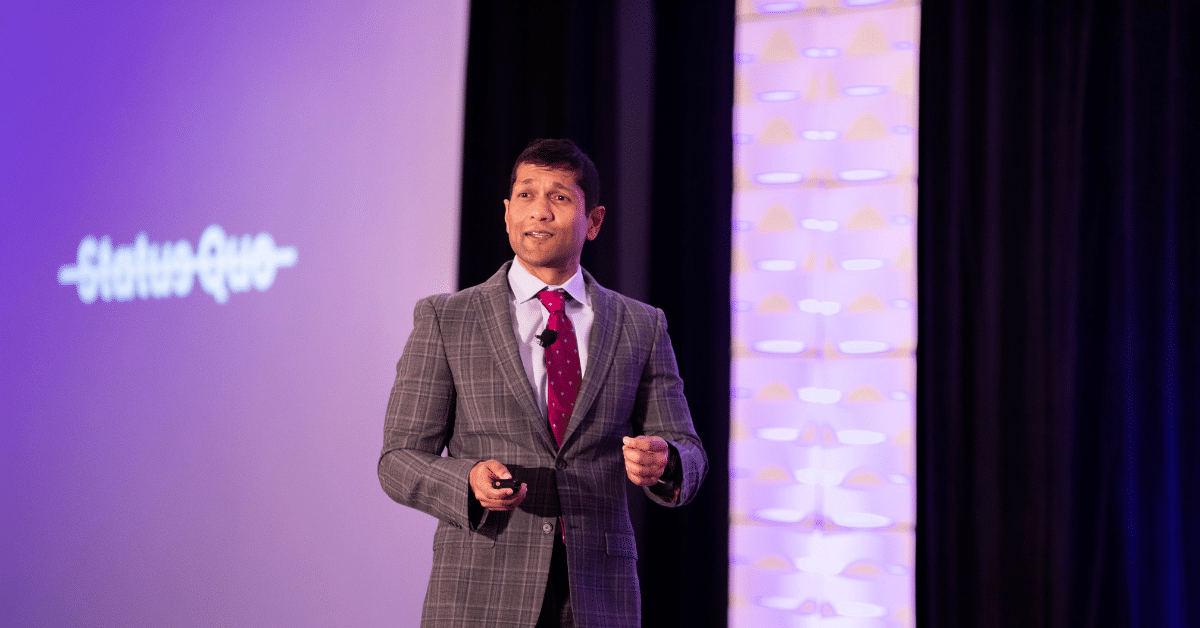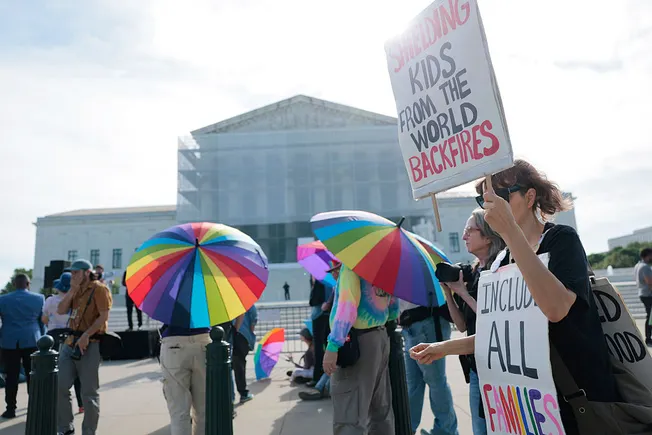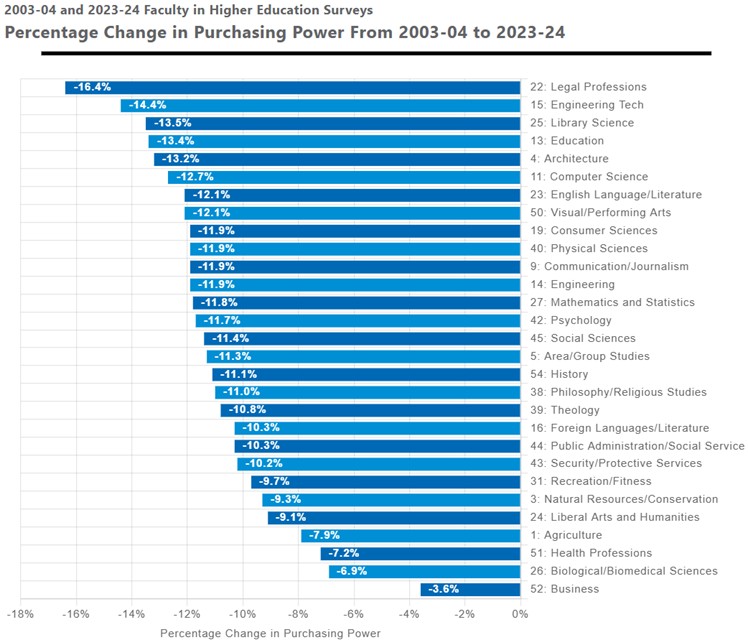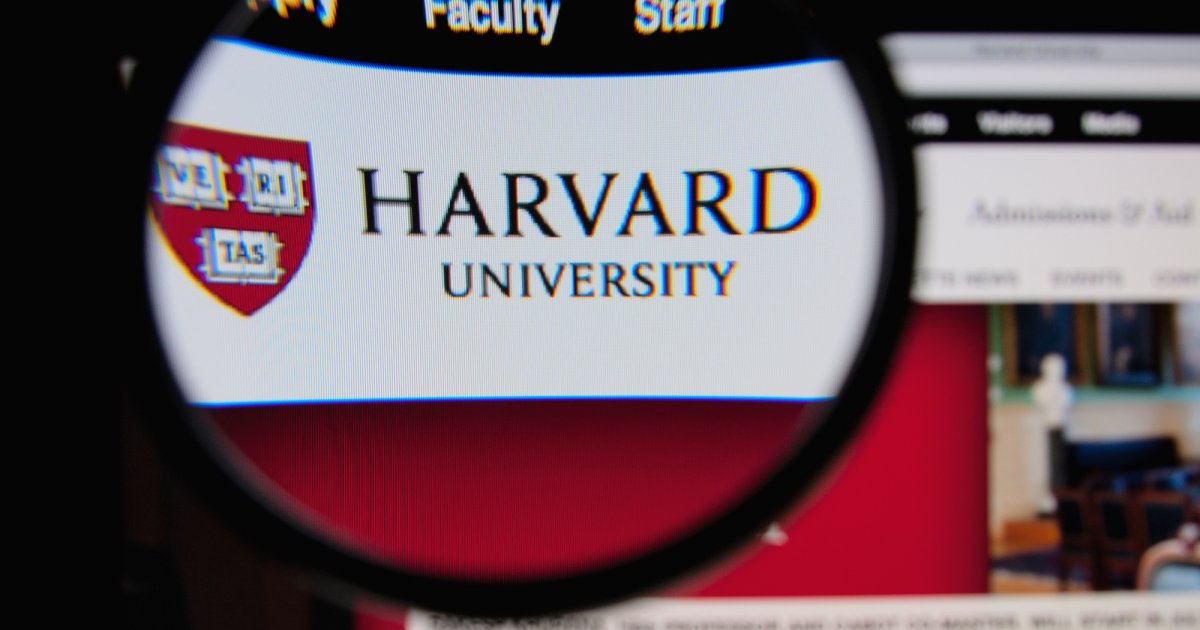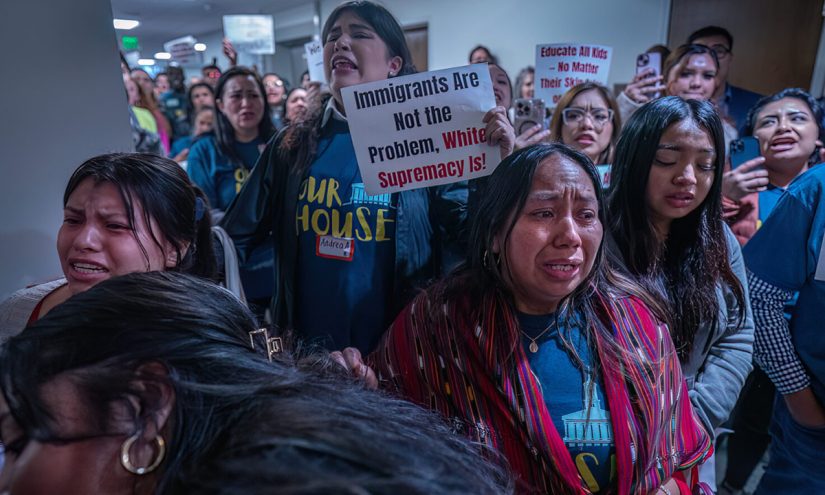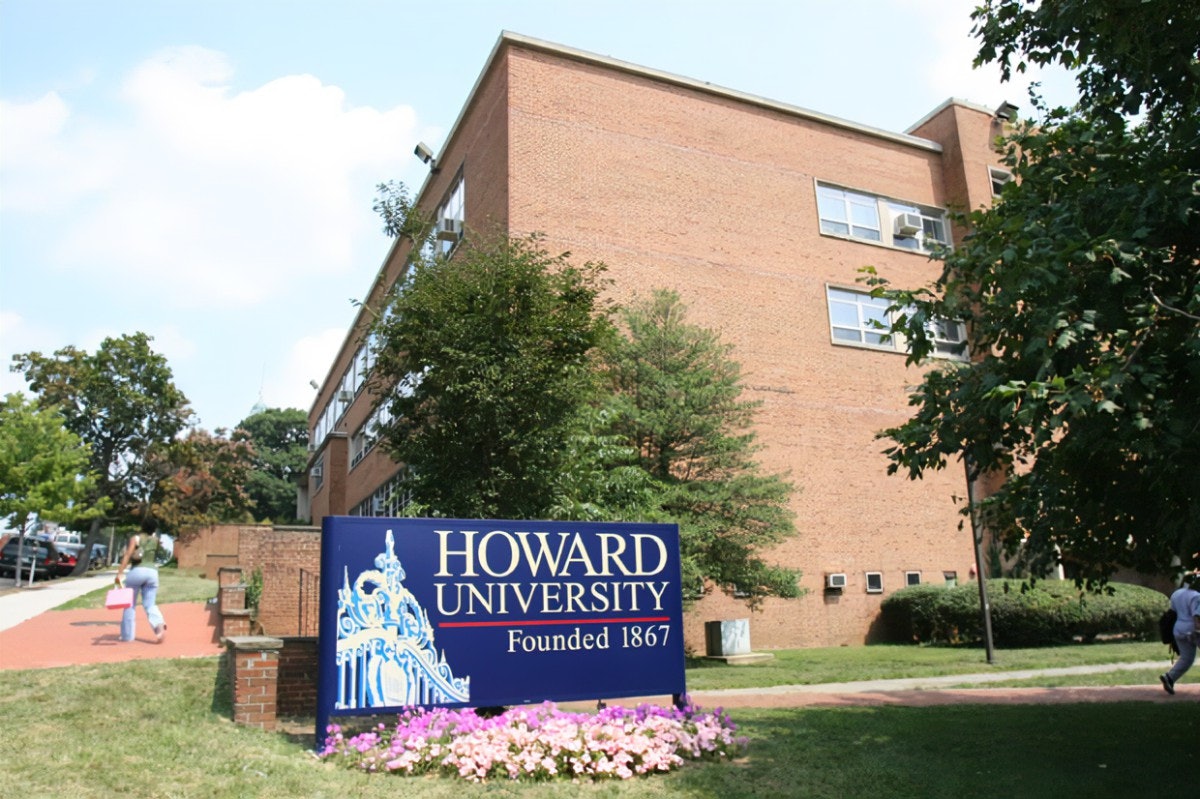The 2026 landscape makes one thing clear: institutions that rely on incremental change will not make it in this new era of higher ed.
Student expectations are shifting, competition is intensifying and AI is reshaping how people search, compare and choose. The Modern Learner is moving faster than most institutions—clear on what they want and decisive about where they spend time and money.
In this reality, doing a little more of what you’ve always done isn’t neutral. It’s a liability.
At EducationDynamics, we think differently. We believe in the transformative power of education, and we believe higher ed can rise above the noise to better serve the Modern Learner.
That belief drives InsightsEDU. InsightsEDU 2026 gathers the leaders ready to reinvent—those willing to transform their programs, positioning and culture for the era ahead. From February 17–19 in Fort Lauderdale, presidents, marketers, enrollment leaders and more will come together not to trade small tweaks, but to rethink how their institutions serve learners, tell their stories and grow.
Why InsightsEDU Exists
We believe your institution’s why is its strongest enrollment tool. Yet on most campuses, brand, strategy and culture are owned by different teams and rarely viewed as one story—InsightsEDU is designed to collapse those silos and give leaders a holistic view of the learner journey from first impression to long-term outcomes.
Modern Learners don’t see your brand and enrollment funnel as separate. They experience one journey: a promise made in your brand, a reality in your programs and support and a decision shaped by how clearly you communicate value. When those pieces align, you build reputation and revenue. When they don’t, both erode.
InsightsEDU 2026 exists to close that gap. It’s the live expression of how we believe higher ed must operate now—designing around the Modern Learner, treating reputation and revenue as one integrated strategy, and running enrollment as a unified system that connects an institution’s entire ecosystem.
This isn’t another conference. It’s a launchpad for institutional reinvention.
The Future Unbound: Your Institution’s Growth Mandate
This year’s theme, The Future Unbound, is a mandate to stop waiting and start unbinding.
At InsightsEDU, that means letting go of the assumption that yesterday’s playbook will carry you through tomorrow. It means challenging structures and habits that separate brand, enrollment and student success even though students experience them as one continuum. It means pressure-testing who you serve, how they find you and whether your story still matches reality.
This conference is devoted to that mission: transformation in the face of uncertainty. Every session is intentionally crafted to equip leaders to navigate this environment and reinforce higher education’s value proposition.
What Makes InsightsEDU Different
You’ve been to enough events where you swap business cards, collect slide decks and go home unchanged. Explore how InsightsEDU 2026 is different by design.
A Keynote That Resets Your Why
At the center of InsightsEDU 2026 is a keynote from visionary Matt Dunsmoor from Simon Sinek’s The Optimism Company. He’s not here to offer feel-good inspiration you forget by next week. He’s here to confront a hard truth: when strategy and culture are disconnected, your why collapses—and your enrollment strategy with it.
The keynote will help you sharpen your institution’s why in ways that resonate with Modern Learners, expose where culture undercuts the story you tell and push you to reconnect purpose, people and plans so reputation and revenue move together.
An Exclusive First Look at the 2026 Modern Learner Report
If putting the Modern Learner first is non-negotiable, InsightsEDU is where you need to be.
Attendees receive an exclusive first look at EducationDynamics’ 2026 Modern Learner report, presented by EducationDynamics’ President of Enrollment Management, Greg Clayton, and Senior Director of Analytics and Business Intelligence, Katie Tomlinson. You’ll see what today’s students value in higher education and how that shapes their decisions; how brand and reputation influence their search; and how to engage Modern Learners where they are with messages that land.
The report shares insights from our survey of Modern Learners and lays out a framework for a strategic approach built on stronger reputation and smarter engagement.
InsightsEDU 2026 is grounded in this data—real students, real behavior and real tradeoffs. Throughout the conference, you’ll use these insights to test your messaging, rethink programs and refine your enrollment strategy so it reflects how students actually behave in today’s landscape, not how they used to.
A Clear Directive on What Actually Moves the Needle
Many conferences leave you energized but unfocused. InsightsEDU is built to narrow your focus to what truly moves the needle. Most conferences still split your reality into tracks—leadership talking mission in one room, marketing talking campaigns in another; enrollment trading tactics down the hall. InsightsEDU starts from a different assumption: in 2026, those divides are the problem.
The agenda is built around the idea that every function ultimately feeds your brand. By bringing everyone into the same general sessions and then into focus-specific tracks, InsightsEDU gives leaders a shared picture of the full enrollment ecosystem and a practical toolkit to decide which levers will actually change the trajectory of their institution.
Real Tactics from Real Higher Ed Leaders & Industry Pros
Reinvention doesn’t happen in theory. It happens when real people in real roles make different choices.
At InsightsEDU 2026, you’ll hear from higher ed leaders across enrollment, marketing, admissions and online education who are already reshaping how their institutions compete and serve learners. They’ll share strategies they’re testing, changes they’ve made and what they’d do differently next time.
You will also hear from platform insiders bringing expertise from the digital front lines of Google, Reddit, Snapchat, Meta and LinkedIn—the very places where Modern Learners search, scroll and decide what to do next. These leaders will unpack the trends and behavioral shifts they observe in the market, offering a tactical look at how these ecosystems are evolving and what that means for your institution’s strategy.
The result: a conference that doesn’t just tell you what to change but prepares you for the leadership required to make change stick.
Who InsightsEDU Is For?
In short, you.
You’re shaping the future of your institution. That’s why you belong at InsightsEDU 2026.
This conference is for leaders who feel the urgency of this moment and are ready to act—presidents and cabinet members responsible for both mission and margin; CMOs and marketing executives tired of disconnected campaigns that don’t translate into enrollment; enrollment leaders who live every day with the pressure of pipelines, outcomes and student success; and online, adult and continuing ed leaders who already live in the Modern Learner reality and want their institutions aligned to that same pace and expectation.
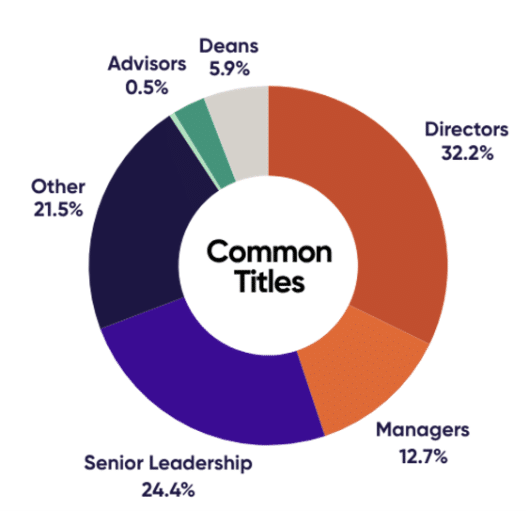
If you’re looking for another safe year of marginal change, you don’t need this conference. If you’re aiming for sustainable growth, stronger reputation and genuine student success, this is the room you need to be in.
What You’ll Take Back to Campus
When you leave Fort Lauderdale, you won’t just be inspired—you’ll know what to do next.
Expect to go home with:
A Modern Learner–informed strategy for 2026 and beyond
Concrete shifts in programs, positioning and experience based on fresh data about what students value, how they search and what drives trust.
A Unified Enrollment Framewrok
A practical model for breaking down silos and aligning marketing, enrollment and student success into one system that drives reputation and revenue.
A Playbook You Can Actually Use
Top priorities you’ll pursue immediately supported by metrics that create alignment across leadership, marketing and enrollment teams.
A Network You Can Activate
Connections with peers and industry partners you can tap long after the conference—people who will share results, compare notes and help you keep pushing your strategy forward.
The Conference for Transformation
You don’t need another conference that leaves your strategy unchanged.
InsightsEDU 2026 is built for leaders who are ready to confront what’s not working, commit to the Modern Learner and move their institutions from incremental adjustment to true reinvention.
If you’re ready to move beyond tweaks and start the work of institutional reinvention, join us in Fort Lauderdale for The Future Unbound.

